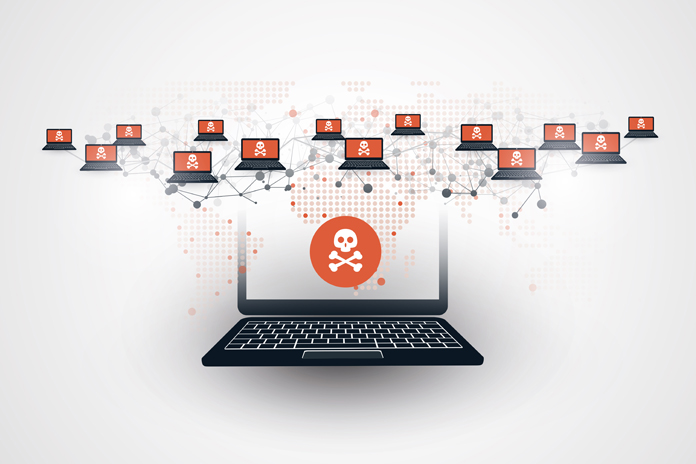
Data Protection Laws and PIIs
Last week we discussed the overall concept of “Data Protection Laws,” which govern the handling and securing of specific data. While these laws are wide ranging, most of these laws reference Personally Identifiable Information (PII) This “refers to information that can be used to distinguish or trace an individual’s identity, either alone or when combined with other personal or identifying information that is linked or linkable to a specific individual.” (https://www.gsa.gov/portal/content/104256) For example, if you possess an individual’s first initial and last name and store it with their credit card number, bank account, SSN or driver’s license number, that becomes a PII.
At the Federal level, the United States doesn’t have any overarching and comprehensive data protection laws of the sort that most European nations do, but they do exist and primarily affect individual sectors, such as healthcare. Presently 48 states in the US have some laws requiring private or governmental entities to notify anyone whose data has been breached. In other words, if you possess personal data, you may have a regulatory responsibility to report the breach to both a government entity and the individual victim. Failure to do so may mean you’re in violation of these laws and subject to fines and penalties.
So what does this mean for a small business? You need to be aware of the likelihood that you are regulated by such laws and that you have some responsibility to show that you have taken reasonable measures and put in place procedures to maintain the security and integrity of outside data.
As a responsible business owner, you have an obligation to be aware of any applicable laws, keeping in mind that your client or prospect data may include PII from those in other states or countries. You also have an obligation to protect that data. Keeping up with the best practices for protecting your important data from hackers and data thieves is an important responsibility of every small business. Contact a Managed Service provider to learn how they can support your business with a complete cyber protection plan.










